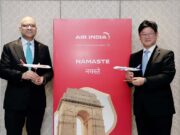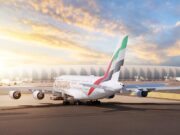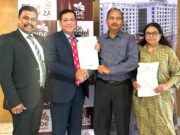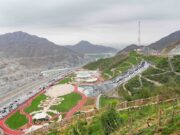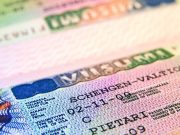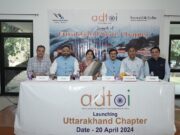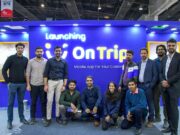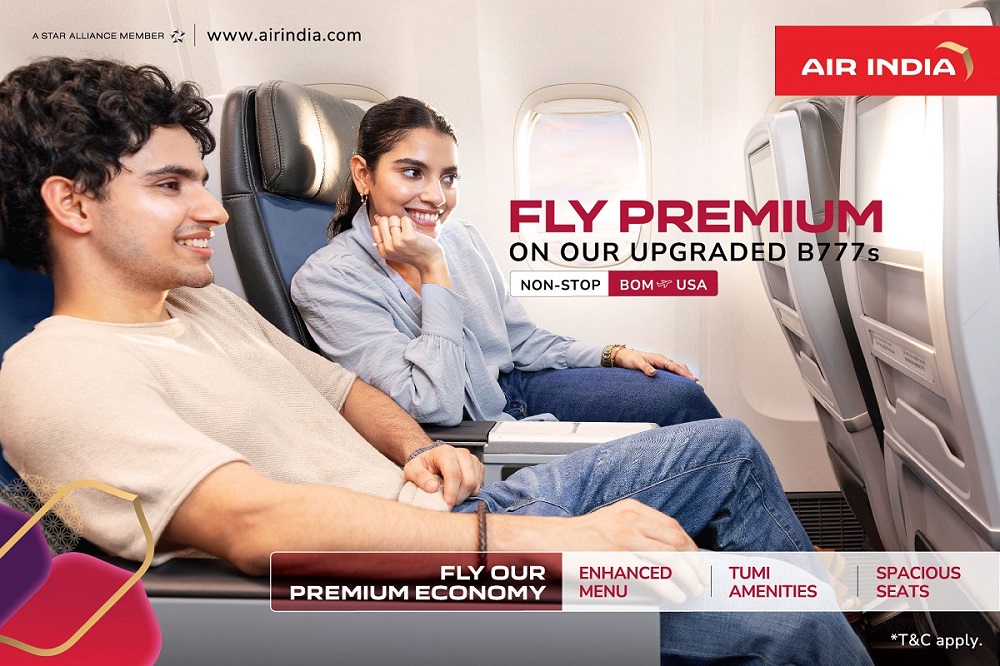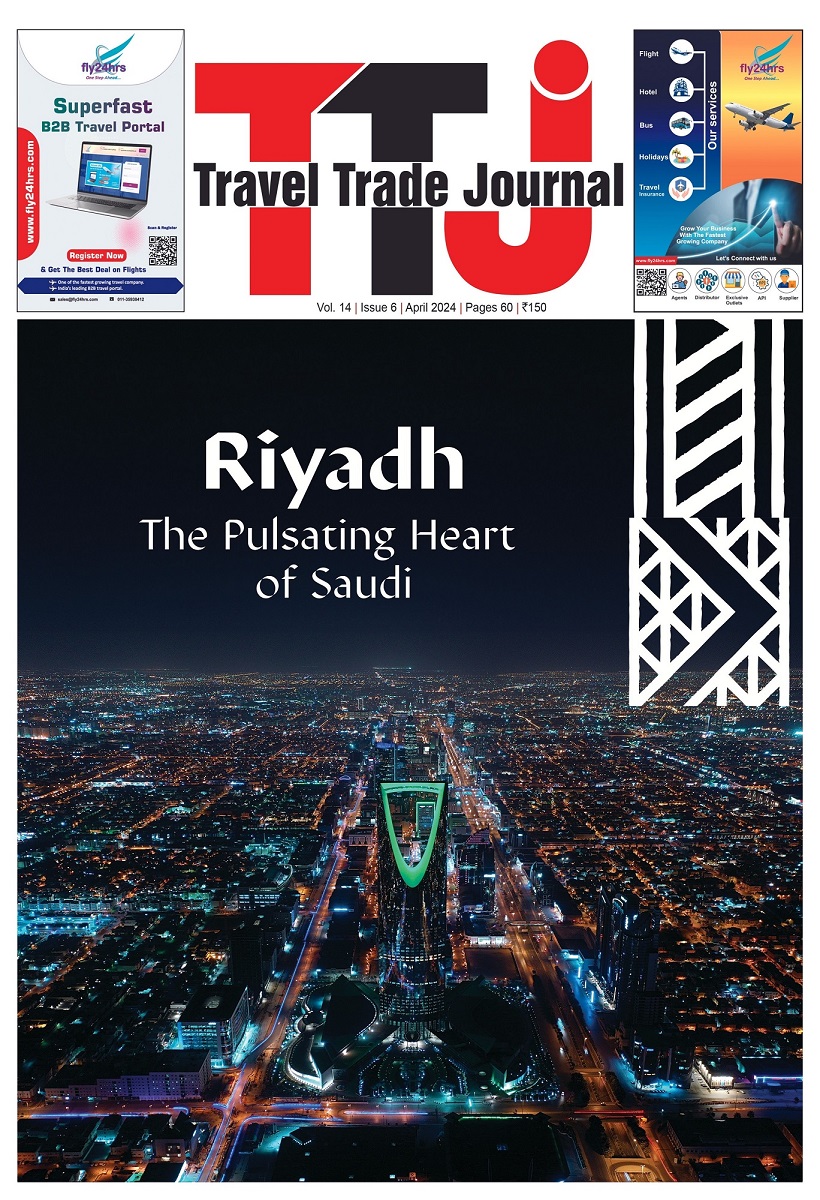The survey of 9,074 consumers across France, Germany, India, Spain, Russia, Singapore, the UAE, the UK, and the US shows the appetite to travel is high. At the same time, it reveals that greater clarity on restrictions and guidelines will be key to unlocking increased traveller confidence. Over a third (35 per cent) of travellers said the current international guidelines around where and how to travel are confusing, making them less likely to book business and/or leisure travel. In Asia Pacific (APAC), 37 per cent of travellers in India and 40 per cent of those in Singapore shared the same sentiment.
At the same time, travellers are exhibiting increased openness to embrace technology and a willingness to share health data so they can start traveling again.
When asked about the receptiveness to share personal health data, the survey results show:
- 93 per cent of travellers globally would be willing to provide personal data for the effective use of digital health passports or certificates, a slight increase from 91 per cent in February 2021. In both India and Singapore, the figure was slightly higher than the global average at 95 per cent.
- Almost half (48 per cent) of business travellers worldwide would be willing to provide their health data to visit a conference or event, compared to 53 per cent in India and 54 per cent in Singapore. Meanwhile 36 per cent of leisure travellers would be willing to share such information for an excursion or activity at destination, versus 35 per cent and 38 per cent of Indian and Singaporean leisure travellers respectively.
When asked which technology would increase confidence to travel in the next 12 months, mobile solutions continue to be the most popular, with the top technologies including:
- Mobile applications that provide on-trip notifications and alerts (44 per cent) (India: 55 per cent; Singapore: 45 per cent)
- Self-service check-in (41 per cent) (India: 49 per cent; Singapore: 53 per cent)
- Contactless mobile payments (e.g., Apple or Google Pay, Paypal, Venmo) (41 per cent) (India: 47 per cent; Singapore: 47 per cent)
- Automated and flexible cancellation policies (40 per cent) (India: 42 per cent; Singapore: 45 per cent)
Mobile applications and contactless technology have remained top technologies across all three studies, with the addition of automated and flexible cancellation policies in this final instalment.
The research is the third in a series of traveller sentiment surveys, where Amadeus takes a regular checkpoint on traveller sentiment and concerns to help the industry rebuild travel in the most effective way. Both the 2020 Rethink Travel survey (Sept 2020) and Rebuild Travel Digital Health (Feb 2021) survey revealed how technology can help to increase traveller confidence and Amadeus revisited this question to see how traveller confidence has changed since September 2020. 97 per cent of travellers now say that technology will increase their confidence to travel, up from 91 per cent in February 2021 and 84 per cent in September 2020, showing a growing sense of traveller confidence in technology.
When considering the future of travel and sustainability, the survey highlighted what solutions travellers believe might help the industry to become more sustainable long-term. The results showed:
- Nearly half (46 per cent) of travellers said greater availability of green modes of transport, e.g., electric planes or trains. The figures in India (51 per cent) and Singapore (53 per cent) were slightly higher.
- A similar percentage (44 per cent) believe making sustainable travel more cost effective would be beneficial. Exactly half (50 per cent) of the respondents in Singapore, and 49 per cent in India, felt this way.
- 41 per cent say transparency around travel companies’ sustainability policies would help. Here, too, the numbers were higher for APAC travellers, with 54 per cent in India and 50 per cent in Singapore rating this a priority.
Although receptiveness to travel in the next year is high, the travel industry needs to consider how to respond to changing traveller concerns as the travel environment continues to adapt. The three main concerns travellers have are:
- Fears of catching COVID-19 while traveling (41 per cent) (India: 54 per cent; Singapore: 54 per cent)
- Self-isolation or quarantine before and after travel (41 per cent) (India: 42 per cent; Singapore: 44 per cent)
- Changing restrictions resulting in last minute cancellations (37 per cent) (India: 29 per cent; Singapore: 41 per cent)
In comparison to the previous studies, fears of catching the virus maintain a top concern for travellers, alongside self-isolation, or quarantine.
Mani Ganeshan, APAC R&D Head, Amadeus Labs, India, says, “While there is much pent-up demand for travel, some of the challenges caused by COVID-19 continue to exist. Digital health verification is important to increase traveller confidence and enable smoother travel experiences. Innovations like digital health passports need to be fully integrated into airline, airport and immigration systems to reduce customer pain points along the journey. Amadeus continues to advocate for closer collaboration between stakeholders across the industry including, airlines, hotels, technology providers and governments, to expedite the industry’s recovery.”
Decius Valmorbida, President, Travel, Amadeus, says, “The travel industry still faces many challenges in light of COVID-19, but we are seeing positive steps taken as restrictions lift and developments in digital health certificates continue around the world. This research demonstrates the appetite to travel continues to grow, and that travellers are looking forward to advancements in areas such as touchless technology, digital health and sustainable travel. Now is the time to listen even more closely to travellers’ needs so we can rebuild our industry in a way that is more traveller focused, resilient and sustainable.”
Francisco Pérez-Lozao Rüter, President, Hospitality, Amadeus, comments, “This three-part series of research has highlighted the essential role that both technology and data have to play in the recovery of our industry and increasing traveller confidence. In hospitality specifically we are seeing how our hotel customers are implementing solutions that complement and streamline experiences without losing the human touch while using data to better prepare for guest demands. At Amadeus we are committed to rebuilding a better industry and working closely with our customers to provide the tools to achieve this.”




